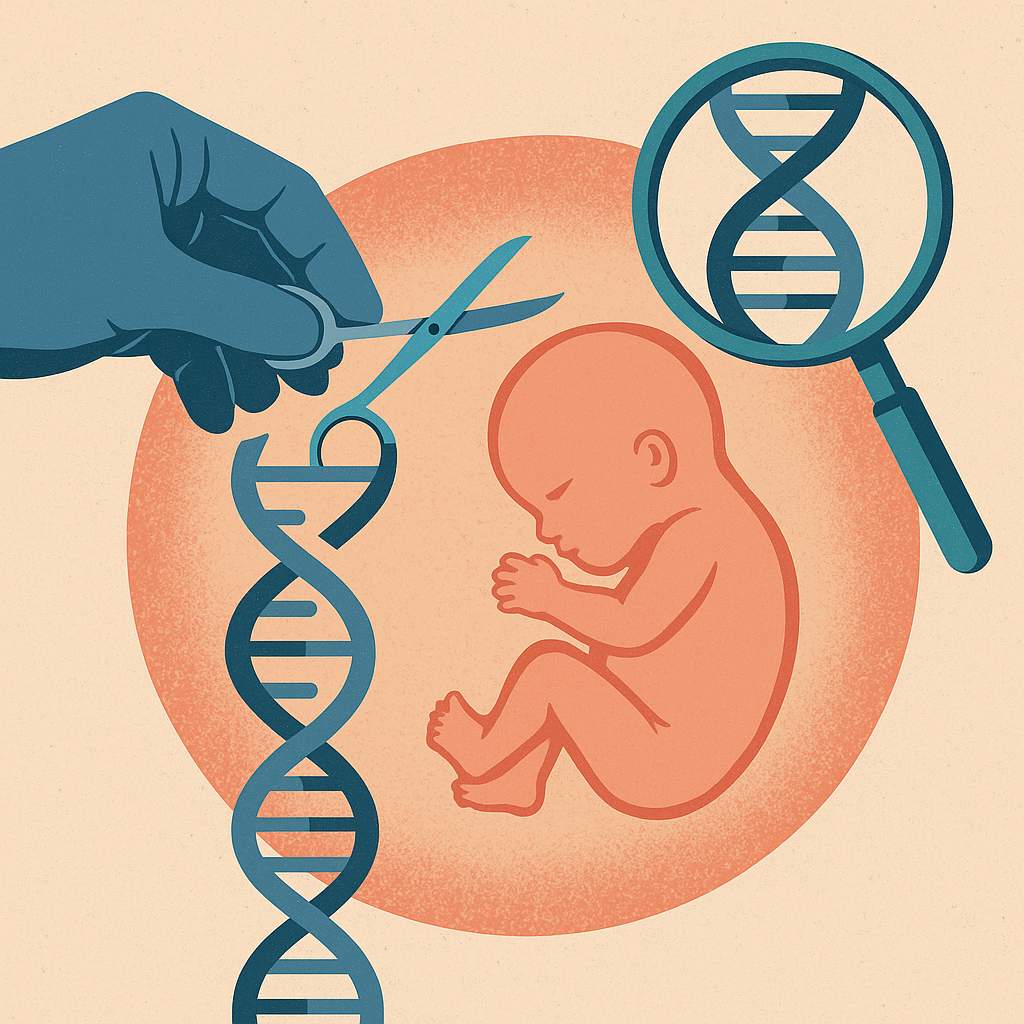Startup Manhattan Genomics Reignites Controversy Over Gene-Edited Babies

A New York-based biotech startup, Manhattan Genomics, is pushing into one of science’s most ethically charged frontiers: editing human embryos to eliminate inherited diseases.
The company is co-founded by Cathy Tie, a former Thiel Fellow and genomics entrepreneur, and Eriona Hysolli, previously with de-extinction firm Colossal Biosciences. Their goal? To correct single-gene disorders-like Huntington’s, cystic fibrosis, and sickle cell anemia-by editing embryos at the earliest stages of development.
This idea first made global headlines in 2018 when Chinese researcher He Jiankui revealed the birth of the first gene-edited babies. The backlash was swift. He was condemned by scientists, jailed by China, and the experiment was widely seen as unethical and premature.
Now, Tie and her team want to revisit embryo editing-but with transparency, rigorous oversight, and a strict focus on disease prevention. “We’re not enhancing embryos,” Tie claims, “we’re correcting mutations.” Still, critics warn that even with improved precision, editing embryos carries serious risks-like unintended genetic changes that could be passed to future generations.
The company’s advisory group includes IVF experts, primate researchers, and ethicists. One of them, technologist-turned-bioethicist John Quain, argues that it's time to reconsider long-standing bans on germline editing. Still, others caution that most genetic diseases can already be avoided through embryo screening, making editing unnecessary in all but the rarest cases.
Regulators remain wary. U.S. law currently blocks clinical trials involving gene-edited embryos used in pregnancies. Many scientific bodies continue to support a global moratorium.
Yet public interest is growing. Tie says dozens of families affected by genetic conditions have reached out in support. Manhattan Genomics has yet to reveal what genes it will target first or its funding sources, but it’s clear the company wants to be at the forefront of a high-stakes medical revolution.
Whether that future is seen as progress - or peril - depends on what happens next.


